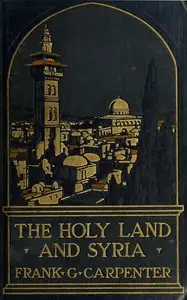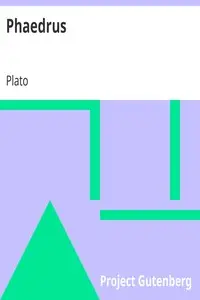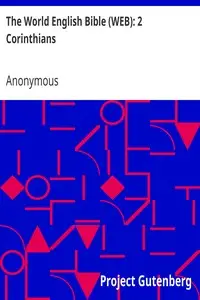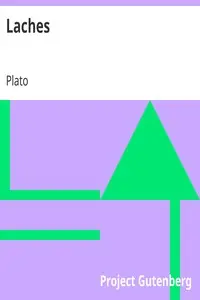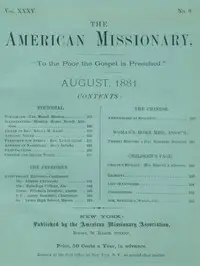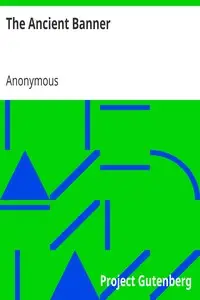"Naturalism and Religion" by Dr. Rudolf Otto is a philosophical treatise exploring the relationship between naturalistic and religious interpretations of the world, written in the early 20th century. The work aims to delineate the tensions and conflicts between these two frameworks, questioning whether they can coexist harmoniously. Otto seeks to validate the religious outlook within the context of modern scientific thought, discussing topics such as the mystery of existence, purpose, and the nature of reality. The opening of the book sets the foundation for this exploration by emphasizing the need for religion to affirm its significance in an increasingly skeptical world. Dr. Otto discusses how both naturalism and religious perspectives stem from a shared human impulse to understand existence, yet they diverge in their interpretations of the world around us. He highlights that while naturalism seeks to explain the universe through empirical science and logical reasoning, religion offers a deeper inquiry into purpose and the mysteries of existence that science cannot fully explain. This introductory segment establishes a complex interplay between two worldviews, laying the groundwork for Otto’s further examination of their implications. (This is an automatically generated summary.)
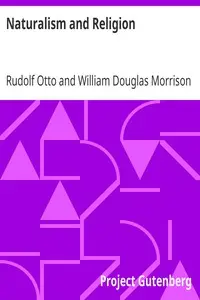
Naturalism and Religion
By Rudolf Otto
"Naturalism and Religion" by Dr. Rudolf Otto is a philosophical treatise exploring the relationship between naturalistic and religious interpretations...
Rudolf Otto was a German Lutheran theologian, philosopher, and comparative religionist. He is regarded as one of the most influential scholars of religion in the early twentieth century and is best known for his concept of the numinous, a profound emotional experience he argued was at the heart of the world's religions. While his work started in the domain of liberal Christian theology, its main thrust was always apologetical, seeking to defend religion against naturalist critiques. Otto eventually came to conceive of his work as part of a science of religion, which was divided into the philosophy of religion, the history of religion, and the psychology of religion.



